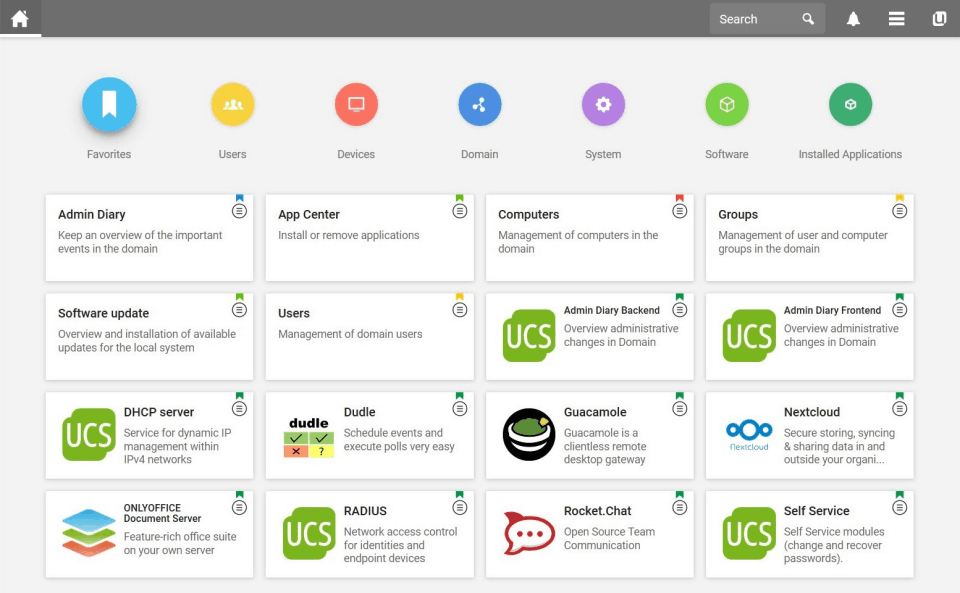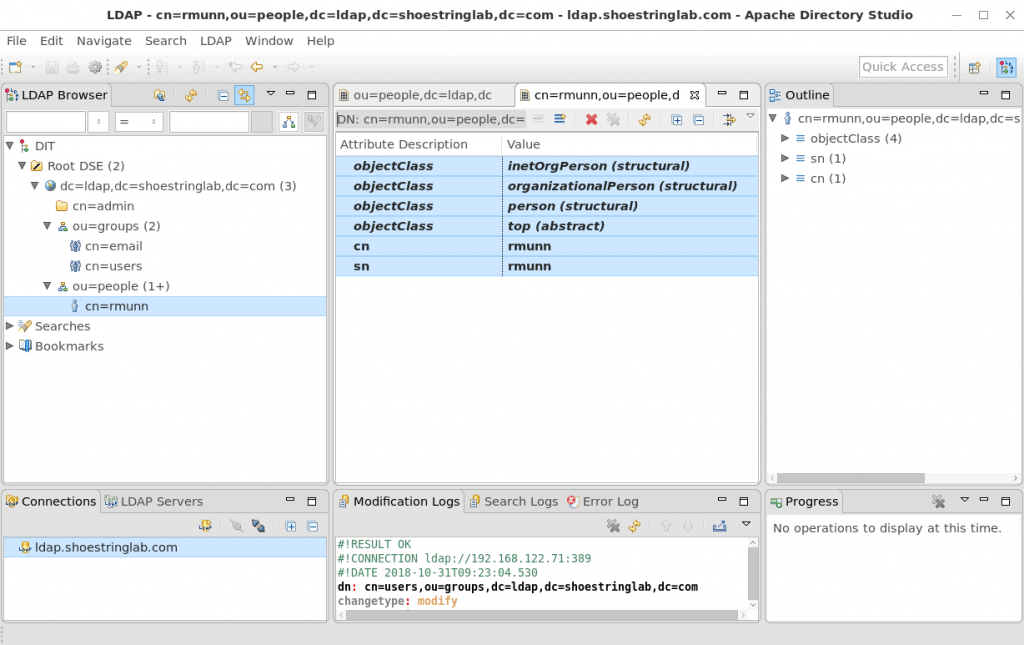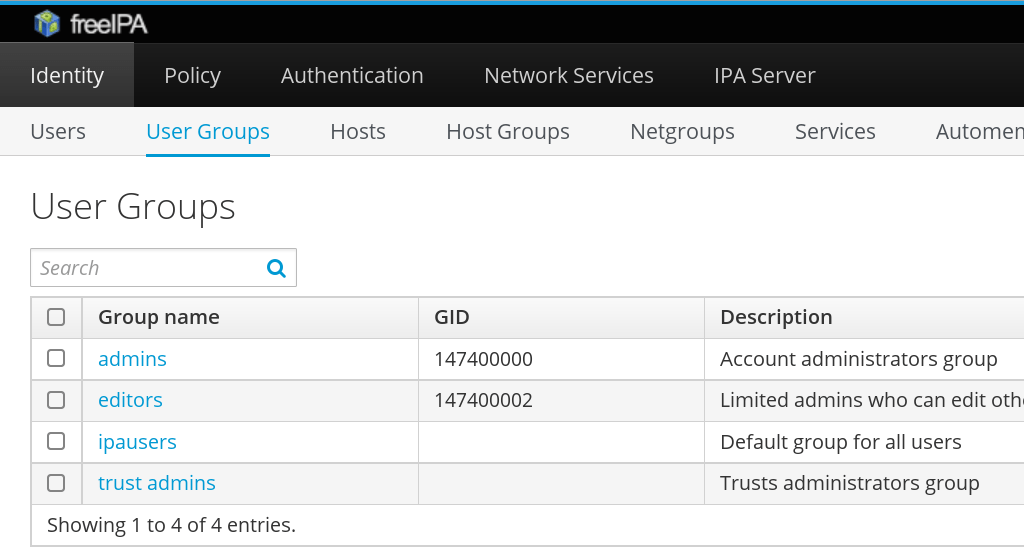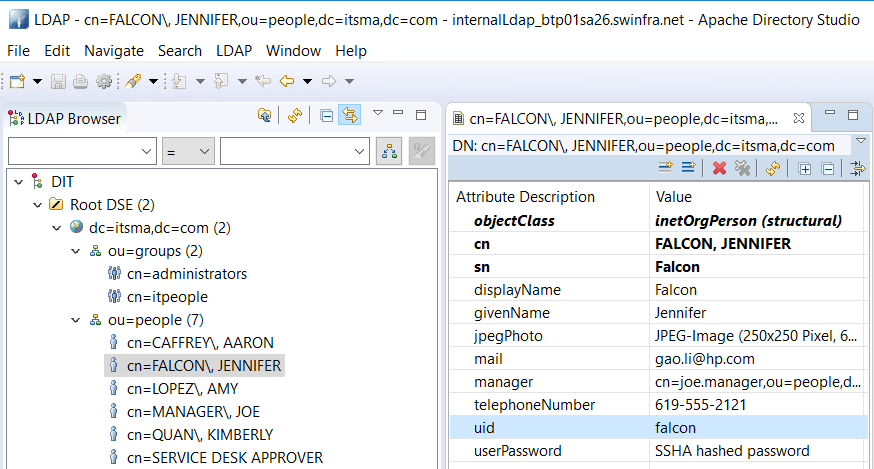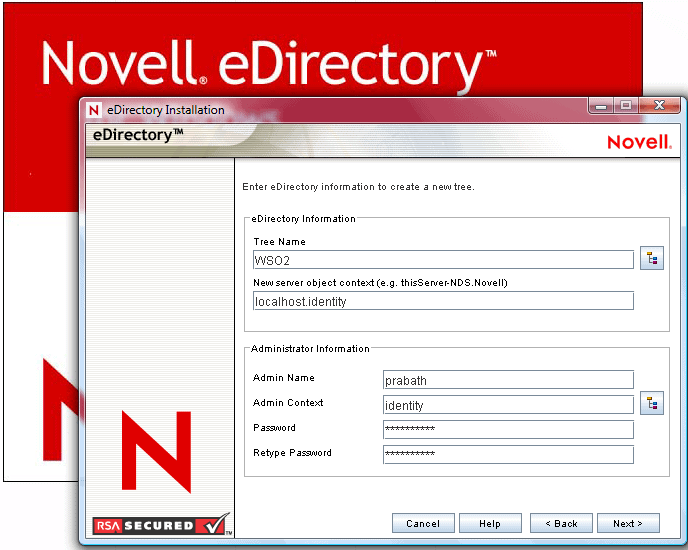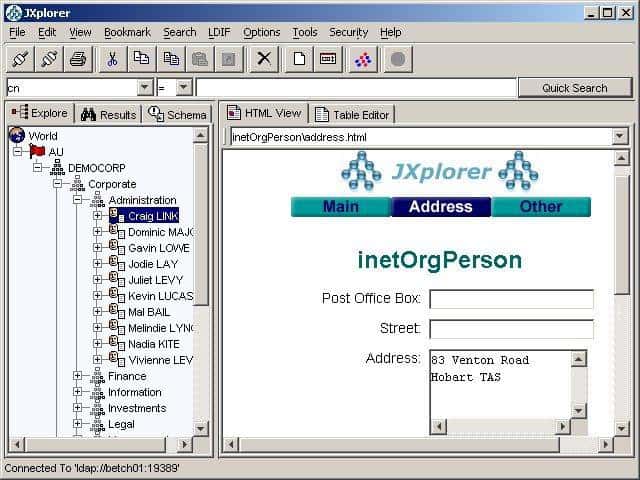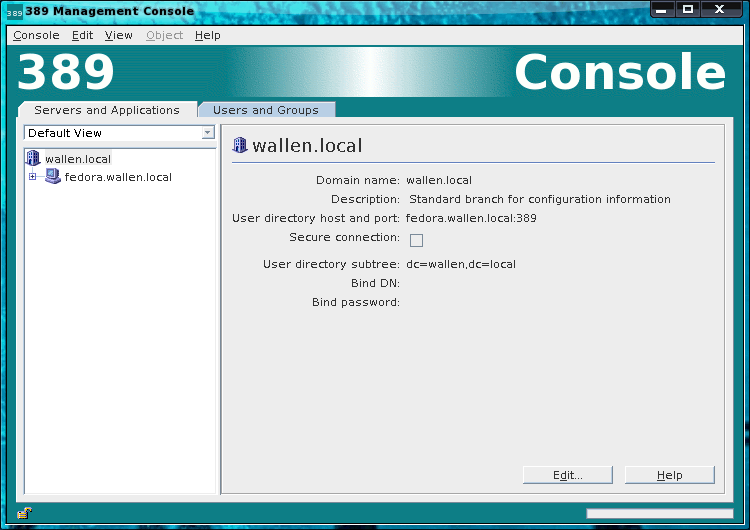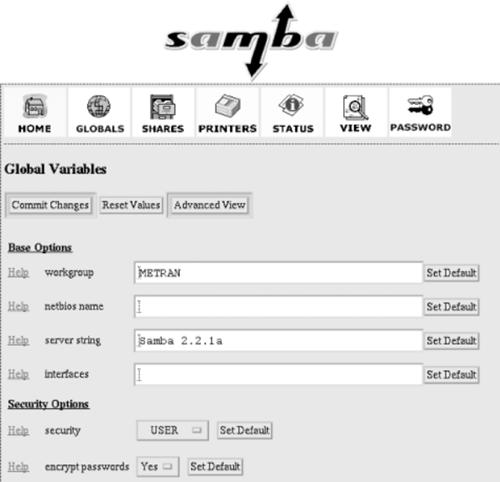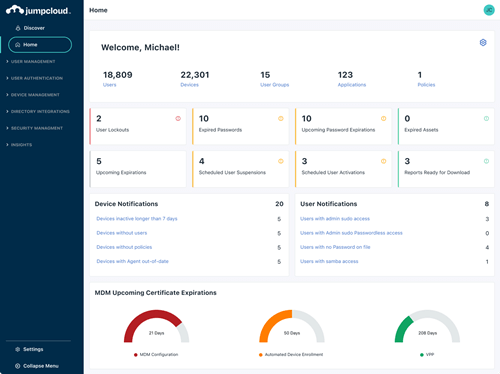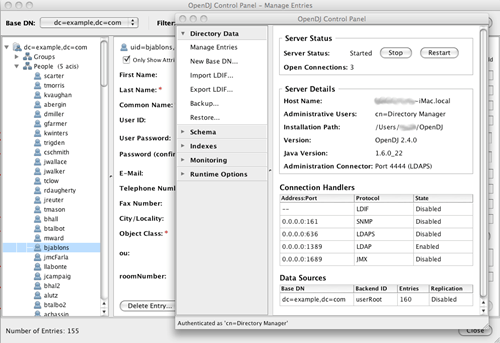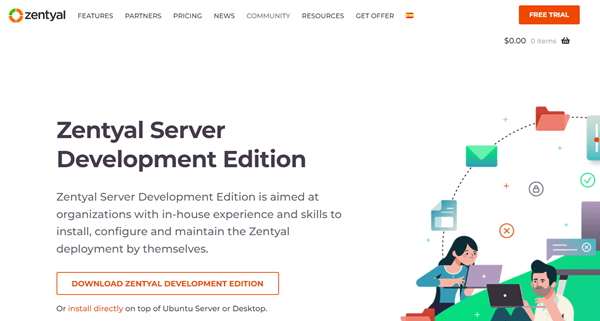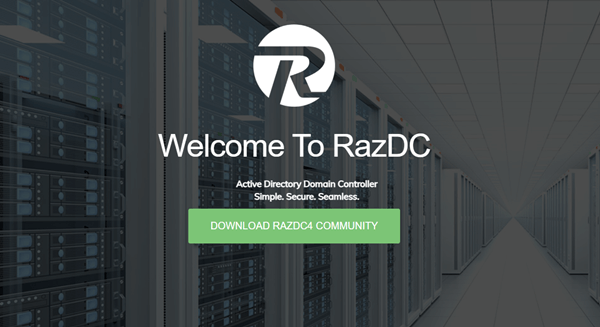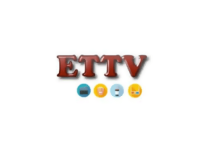Windows is unquestionably the most widely used OS worldwide. As a Windows user, you might want to protect your system from unknown authorities. Hence, Microsoft Active Directory is made for this only purpose. It tracks whether someone trying to log in to your system is a regular user.
However, you can find many third-party Microsoft Active Directory alternatives that perform the same task today. Moreover, they even offer some additional features you might love to have on your system. So, let’s check out some of these great alternatives:
Top Best Alternatives To Microsoft Active Directory
1. Univention Corporation Services
Univention Corporation Server, or UCS, is software used to manage the entire IT environment centrally and web-based. It helps you gain convenient control over server applications and IT operations.
With the 3.0 upgrade, UCS started to support several functions provided by Microsoft Active Directory. In addition, it has now introduced new IT services and specialized apps to help expand your IT environment effortlessly. Keeping user’s data secured under control and managing them centrally has never been so easy.
2. Apache Directory
The Apache Directory is open-source software with LDAP V3 certification. It offers solutions written in Java and supports several other codes with the Kerberos server.
Their main vision, however, is to spread LDAP awareness and increase the Modern LDAP Renaissance. The Apache Directory Studio, an Eclipse-based directory tool added through a subproject, comes with external features like a DSML editor and schema browser.
3. FreeIPA
FreeIPA is another impressive open-source project by Red Hat. Now, you can manage your client hosts and Linux Users centrally, along with RPC access, web UI, and more. Additionally, it comes with MIT Kerberos, 398 Directory Server, DNS, SSSD, and so much more to explore.
FreeIPA mainly focuses on making its management, configuration, and automation processes easier and more friendly. It has gradually earned a good reputation for its flexibility, multi-master replication, scalability, and extensible management interfaces.
4. Open LDAP
Open LDAP, also known as LDAP Admin, is a free Windows LDAP client. It is an administration tool, especially for database management, that lets you create, modify, search, and delete objects from the LDAP server.
LDAP Admin is one of the best alternatives to Microsoft Active Directory. You can further use it to manage Samba accounts, Posix groups and accounts, and more on the list. Its highlighted features include template support, LDIF export/import, binary attribute support, LDAP SSL, etc.
5. eDirectory
Next, we have the Novell eDirectory, a popular and widely used identity foundation. It adapts to the original project known as Network Operating System Directory.
eDirectory runs seamlessly on Windows, Linux, NetWare, Solaris, and AIX. Moreover, it offers chief support in business growth and scalability.
It provides opportunities and support to find the market-leading solutions and tactics at work today. Lastly, it supports several security features, including DSML, LDAP, SASL, etc.
6. JXplorer
JXplorer is a general-purpose, open-source LDAP client. It is a cross-platform editor and browser to search, edit, and read LDAP directories. The software is well-known for its flexibility and variety of customization support.
This fully functional client has extensive support for resolving obscure parts of the protocols and advanced integration for its security. Furthermore, the picky features like drag-and-drop, tree copy, move, complex searching, etc., make it easier to use. It runs on Windows, Linux, and OSX efficiently and is expected to work with any OS supporting JAVA.
7. 389 Directory Server
Last, the 389 Directory server is an enterprise-class protocol that helps represent the objects in the network database. It can be a great alternative to MS active directory.
Being a high-performable LDAP server, it can manage countless operations each second. It is available for free, and the entire configuration takes less than an hour to set up.
8. Samba
Next on the list, Samba is a secure server software suite that supports Unix and Linux-based systems, including Windows. It also supports file server programs without a client license.
File and print services become seamless with Samba using the Common Internet File System. With the help of the Active Directory web service, it can be utilized as an Active Directory Administrative Center. Along with Unix, it supports NetWare, AmigaOS, and VMS.
9. JumpCloud
JumpCloud is another Windows Active Directory replacement that provides centralized identity, security, access, and user management systems. It can also integrate with AWS, Slack, Zoom, GitHub, and GitLab.
Since it’s a cloud-based directory service, you can use it on MAC and Windows, including Linux. The cross-platform can also help to build a cloud-based directory infrastructure. If your number of users is growing repeatedly, you can try.
10. OpenDJ
Written in Java, OpenDJ is an open-source Windows Directory alternative you use. LDAPv3 and Directory Service Markup Language supports makes the tool one of the best choices.
Its modern user interface makes its directory services quite high-performing and scalable. OpenDJ is also very good at user management systems and authentication. All in all, it is a very handy tool for managing directories.
11. Zentyal
Zentyal is another open-source directory service software that you can use. It’s one of the most comprehensive computer network administration services for small and medium-sized businesses to manage IT frameworks.
With it, you can accomplish and control several things, from setting up a domain controller to setting up a mail server. It is also useful in networking, such as traffic shaping, firewalls, and routing. Moreover, Zentyal supports SSO (Single Sign-On) authentication.
12. RazDC
When it comes to lightweight Microsoft Active Directory alternatives, RazDC surely gets the attention. Build on Rocky Linux and Samba4, which helps to manage active directory, DNS, DHCP, Logging, Backups, and system service management.
The best thing about that it uses a simple and easy-to-understand web interface. Additionally, it has facilitated other useful features such as Wake-On-Lan, Video conferencing, and NoVNC Remote Access.
From Editor’s Desk
Coming to an end, as there is an endless number of frauds taking place via digital means today. It has become necessary to improve your security system to protect your data and stay in the safe zone.
Thus, the above-mentioned services have proved their worth over time through their performance. So, you can always go for any of them without hesitation and again, never forget to share your experience.

